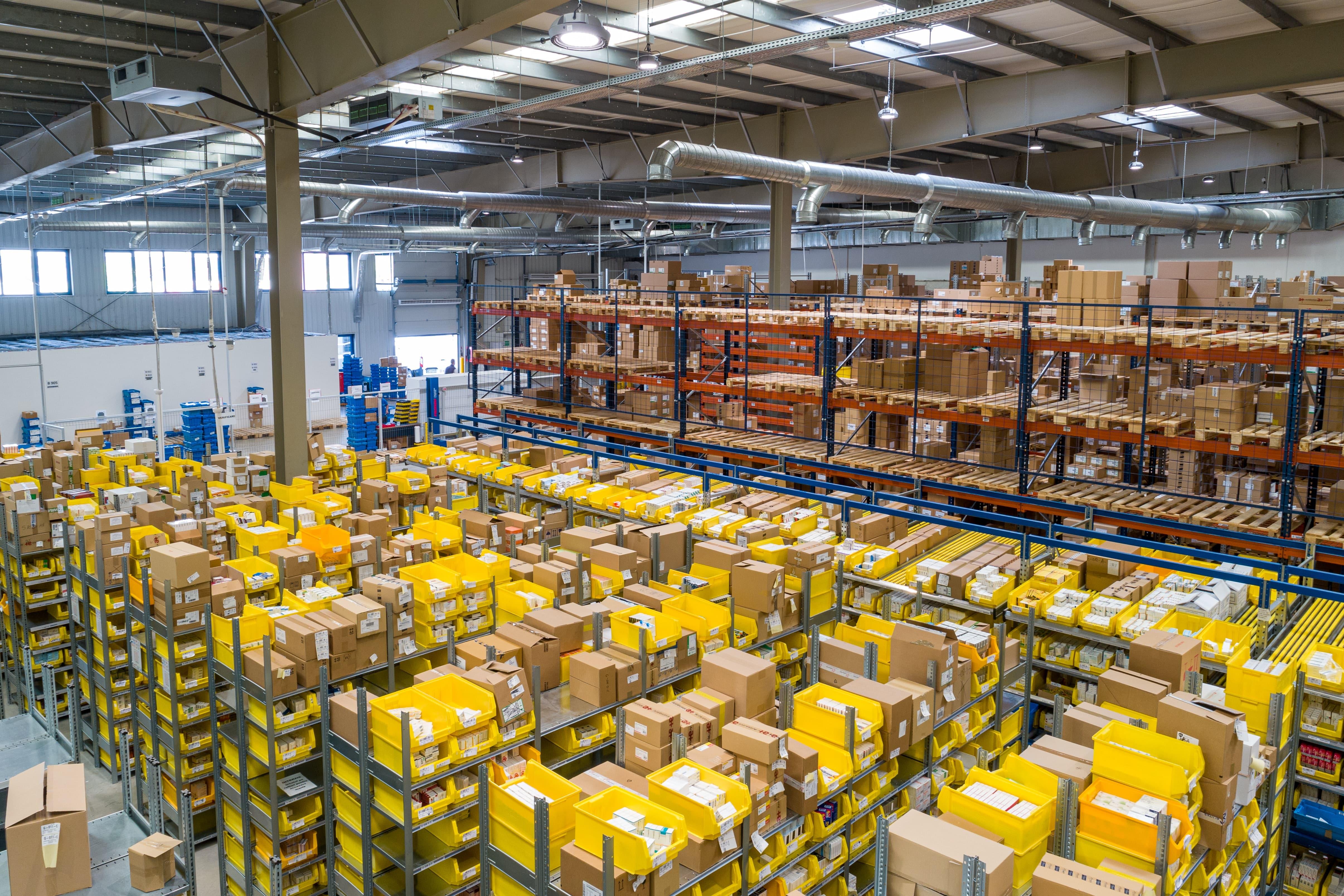Environmental Impact of Rejected Exports

A proportion of all international shipments are rejected by customs at their country of destination. What is the carbon footprint of rejected exports and is border security contributing to "wasted" emissions?
A package of Christmas gifts I sent from New Zealand to Ireland was returned (from Ireland back to New Zealand) for an undisclosed reason, perhaps due to an incorrect tariff code. This also appears to happen at a commercial scale with billions of dollars of international exports rejected by customs and either returned or destroyed. Based on my experience with the package to (and from) Ireland, a phone-call for clarification could have helped prevent the environmentally costly return of the item. Scale that up a billion-fold, is bureaucratic box-checking at the border contributing to the carbon footprint of the transport sector? Answering a few questions would help indicate if this is significant.
- What proportion of international shipments are rejected at their port of destination?
- What proportion of transported mass is returning exports or additional exports to replace those rejected?
- What proportion of transport sector emission are due to this?
It may be that a significant proportion of transport emissions are wasted in this way. Ensuring a successful shipment from the port of sending could greatly reduce this wastage. It may be that a little bit of extra work at the border could take a bite out of transport emissions and incentivising or resourcing customs could be a justifiable measure to facilitate this.


Comments